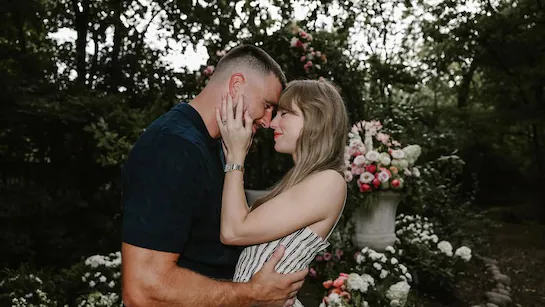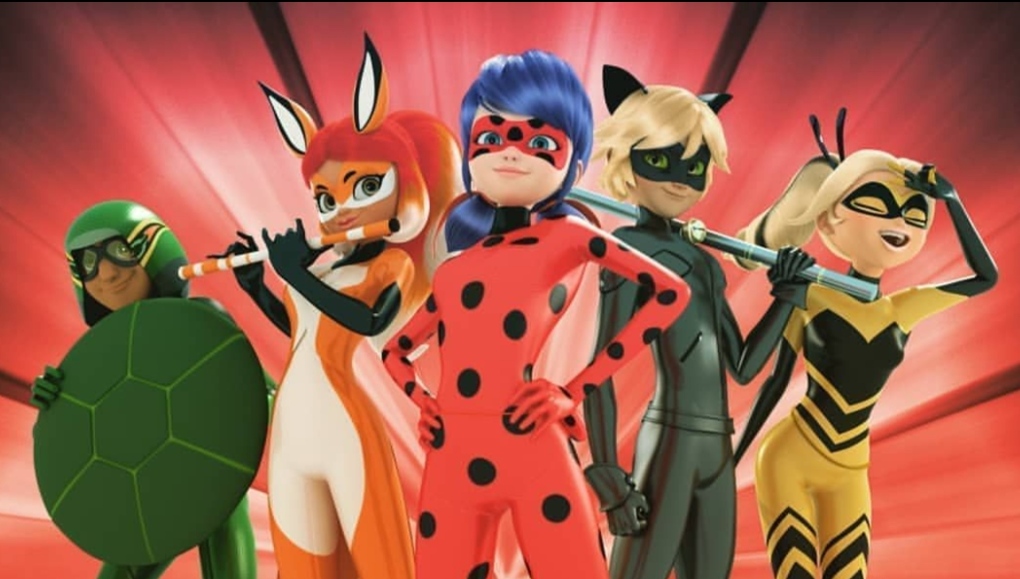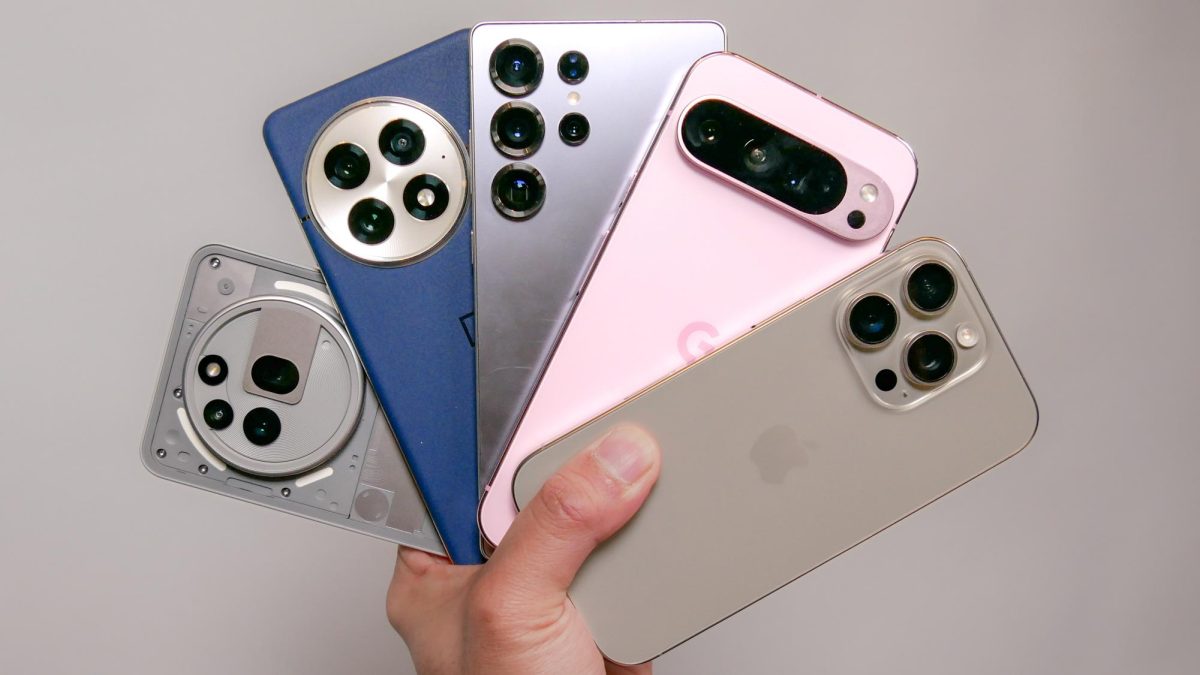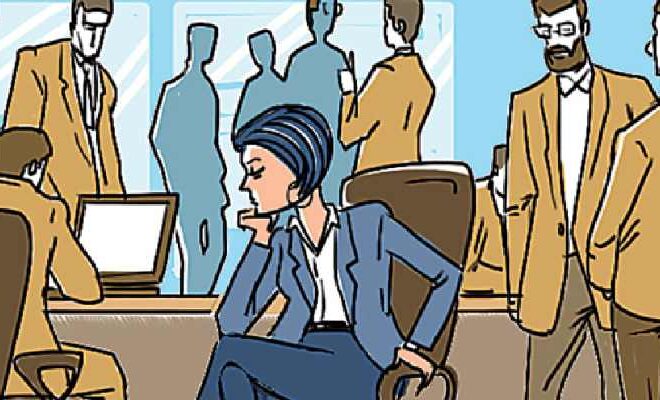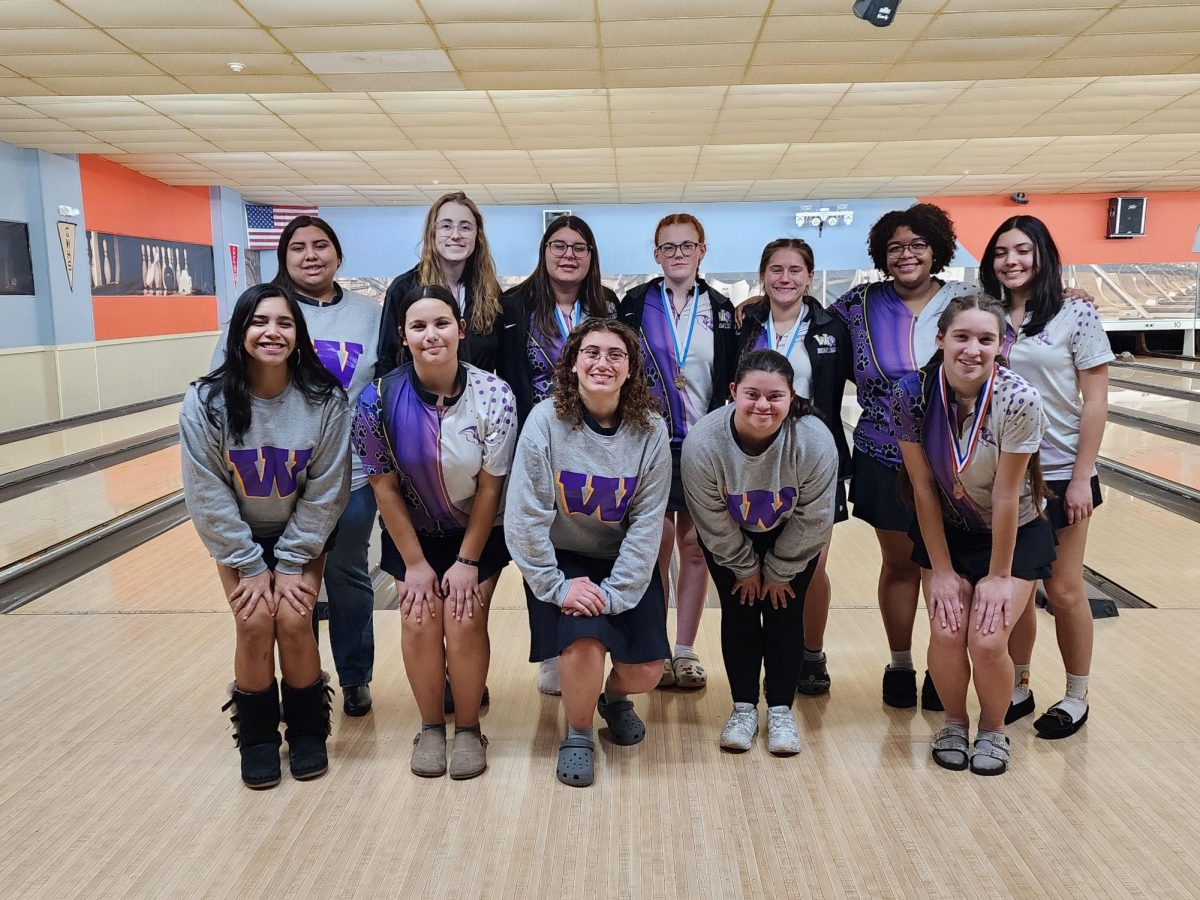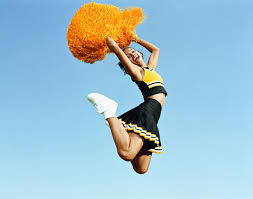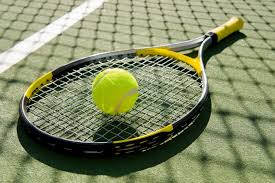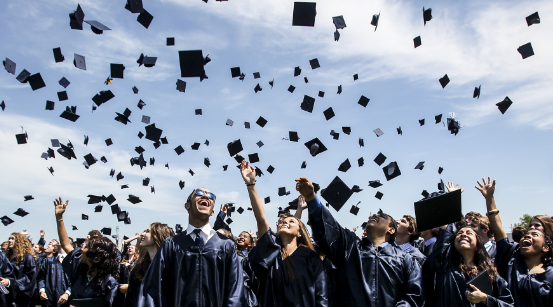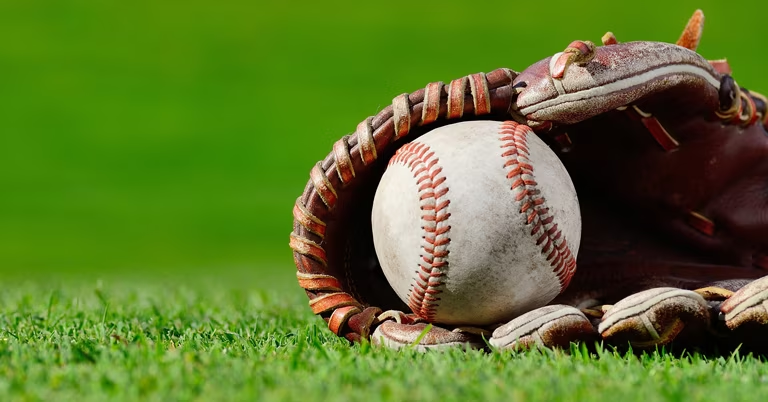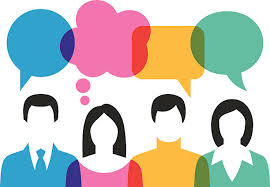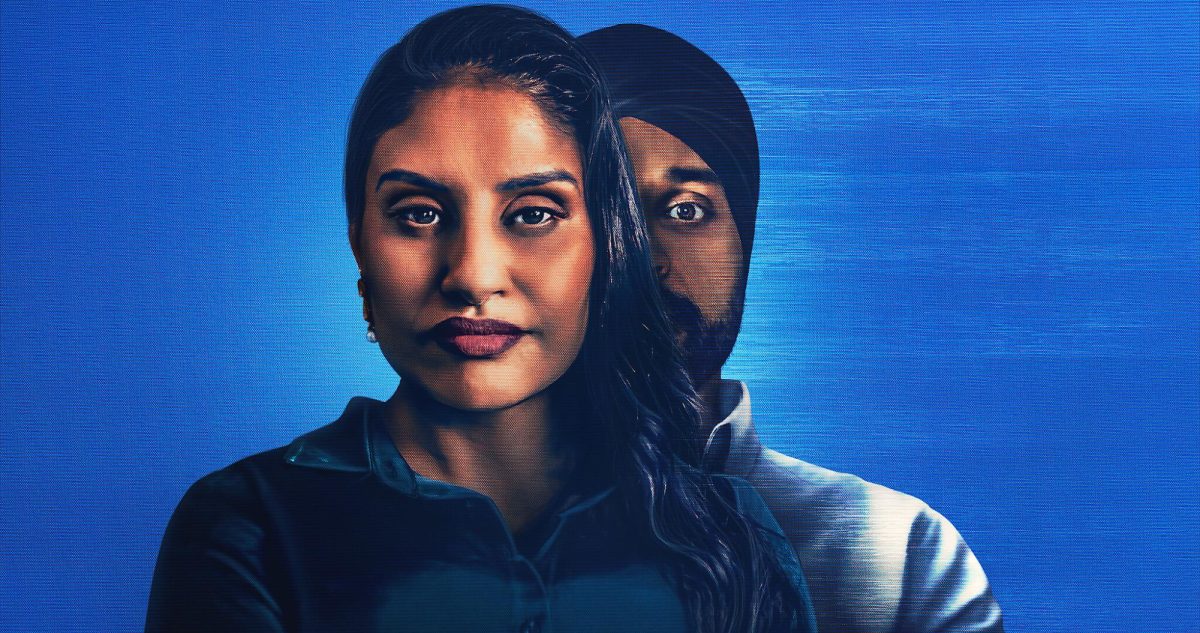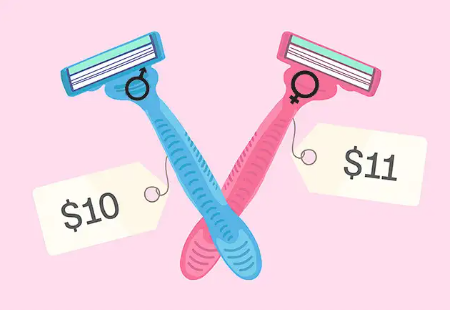Our school has a debate team?
Like in many iconic movies and tv shows, our school does indeed have a debate team, but it’s a little different than what people might think. Unlike the screen, schools don’t debate in teams at tournaments. Instead, only one person may be giving a speech at a time while other representatives–fellow debaters–listen, hoping to ask questions later.
A few weeks before the monthly early morning Saturday tournaments, debate members across the high schools in the area receive a docket containing legislation written by students about topics concerning foreign, federal, and local affairs that are completely based around real things going on in the world. Then, representatives can form their own speeches in the affirmation–saying they agree with the legislation–or in the negation–saying they don’t agree with the legislation.
At the actual tournaments, representatives are placed into rooms, or chambers, with representatives from other schools, where they go through three 2-hour sessions with breaks in between. New representatives are known as novices and will only be in a room with other novices while representatives that have done debate longer than a year are varsity, also only debating with other varsity representatives. In the chambers, representatives will decide on an order to debate the bills while also choosing a presiding officer that is in charge of timing and basically recording when someone gives a speech. Two judges, usually debate advisors from other schools, sit in the back of the room and score the speeches on a scale of 1 through 5, with a rare 6 that means the speech was perfect. When actually giving a speech, representatives have 3 minutes to speak. Immediately after they finish, the presiding officers choose two other representatives to question the person who gave the speech. Each person questioning gets one minute to critique the person’s speech. At the very end, representatives vote on what they think was the best legislation and vote for a person they think was a good speaker.
Overall, debate helps people improve their public speaking skills and encourages research into topics actually going on in the world. Logan Braunschweig, co vice president of the WHS debate team says “Debate simply changed my life. The ability to fluently address and talk to anyone in a serious environment will be a skill I carry for the rest of my life. I highly recommend debate to anyone who wants to do great in their future.”

